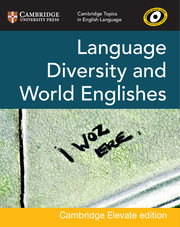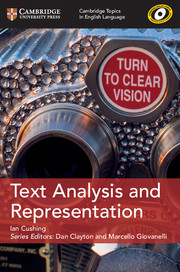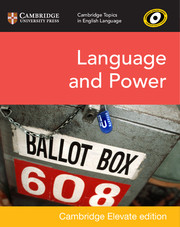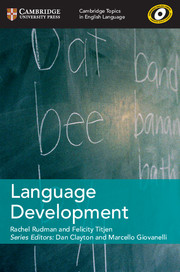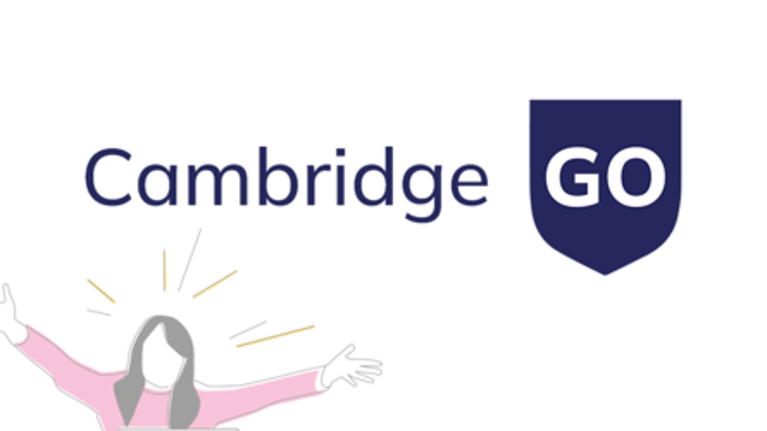Cambridge Topics in English Language Language and Gender Digital Edition (2 Years)
Overview
Language and Gender Digital edition is an introduction to the English language as a vital, dynamic force in understanding gender. It is suitable for students at advanced level and beyond. Written with input from the Cambridge English Corpus, it looks at the way English has adapted – through words, meanings and grammar – to represent different views and beliefs about gender. Using short activities to help explain analysis methods, this digital resource guides students through major modern issues and concepts. It summarises key concerns and findings, while providing inspiration for language investigations and non-examined assessments (NEAs) with research suggestions.
Features
- Instruction in analysis techniques and research methodology, as well as examples of academic writing at an accessible level, give students models to follow for their own work.
- Short activities and exam-style questions provide practice and help students get a deeper understanding of key concepts.
- Examples from the Cambridge English Corpus give students access to prestigious academic global English research, as well as insight into corpus linguistics and techniques for corpus creation and analysis.
- Wider reading suggestions guide students towards broader topic exposure, encouraging them to research areas that interest them.
- Longer research tasks encourage a greater depth of application and provide inspiration for non-examined assessment (NEA).
- Written to support A Level and IB qualifications: in particular Cambridge International A Level English Language (9093) Paper 3 Text Analysis and Paper 4 Language Topics, AS & A Level English Language, AS & A Level English Language and Literature and IB English A.
- Available as a Cambridge Elevate edition to allow cross-referencing with your other Cambridge Elevate resources.
Contents
- 1. Historical perspectives:
- 1.1. Introduction: the gender debate
- 1.2. The 'deficit' approach
- 1.3. The variationist approach to gender study
- 1.4. The 'dominance' approach
- 1.5. The 'difference' approach
- 1.6. The 'diversity' approach
- 1.7. Gendered language: censorship or correction
- 1.8. The 'performance' approach
- 1.9. Recognising and celebrating diverse identities
- 1.10. Conclusion
- 2. Language and gender:
- 2.1. Introduction
- 2.2. Defining gender: it's all in the name
- 2.3. Male firstness: word order and generic terms
- 2.4. Marking gender
- 2.5. Patterns and metaphors
- 2.6. Cleaning up language
- 2.7. Conclusion
- 3. Gender and representation:
- 3.1. Introduction
- 3.2. Exploring gender and discourse
- 3.3. Semiotics: Signs and gender
- 3.4. Representing gender through metaphor
- 3.5. Gender and power
- 3.6. Gender and social actor representation
- 3.7. Different discourses about gender
- 3.8. Gender representation in the media: health magazines
- 3.9. Gender and argumentation theory
- 3.10. Gender representation in corpus data: talking and writing about sports people
- 3.11. Conclusion
- 4. Gender and identity:
- 4.1. Introduction
- 4.2. Identity in discourse: socially constructed selves in private talk
- 4.3. Exploring identity and masculinities
- 4.4. Identity and constructing selves through phonological choices
- 4.5. Occupational talk: conveying a gendered identity in the workplace
- 4.6. Social constructing self: performing gender in public and written contexts
- 4.7. Performing and constructing gender identity in a modern world
- 4.8. Conclusion
- 5. Exploring gender: applying research methods to data:
- 5.1. Introduction
- 5.2. Creating your own research project
- 5.3. Finding spoken data
- 5.4. Analysing conversations and making transcripts
- 5.5. Reading about language and gender
- 5.6. Acknowledging your sources
- 5.7. Practising decision-making
- 5.8. Conclusion
- Ideas and answers
- References.
Brighter Thinking Blog
Keep up to date with the latest classroom tips and educational trends from our brighter thinkers.
Visit the blogCatalogues and Ordering
Looking for something in particular or just browsing? View our catalogues to see our full range of print and digital books.
View and downloadAdvice on useful tools
Advice on useful tools, activities and timetabling from teachers experiencing school closures.
Cambridge GO
All our supporting resources have now moved to Cambridge GO – the new home for your Cambridge digital content.
Listen to our podcast
Listen to our podcast to discover teaching inspiration & advice from leading educational thinkers.


